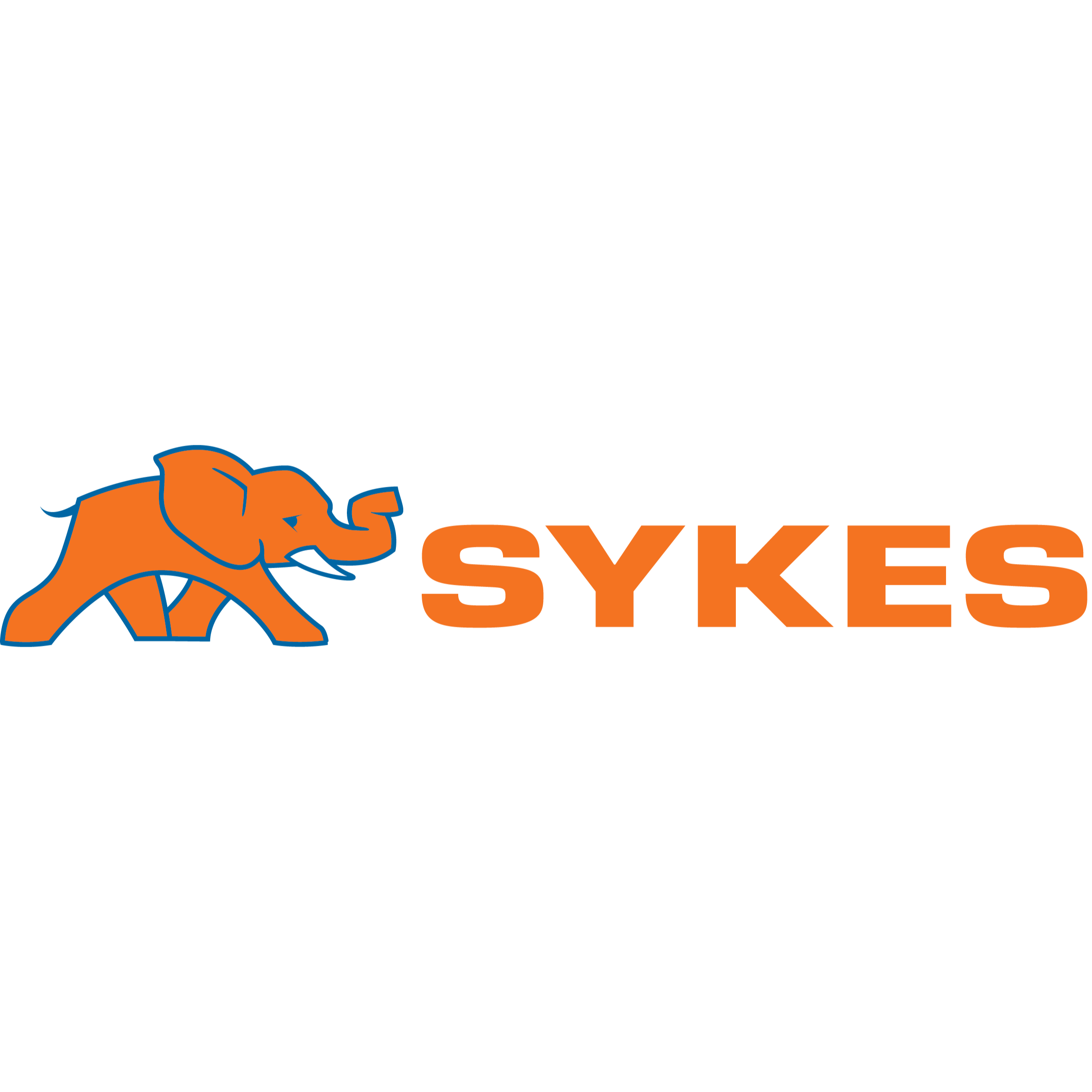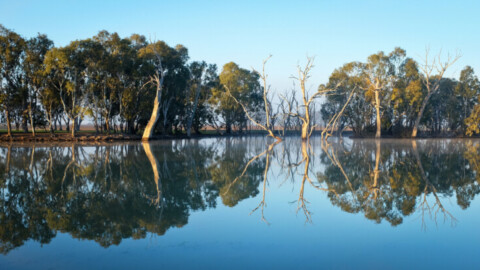With iconic brands such as Vegemite, Philadelphia Cream Cheese, Cadbury Dairy Milk and The Natural Confectionary Company, Kraft Foods is one of Australia’s largest and most recognised food manufacturers. The company manufactures its products across six sites located throughout Victoria, South Australia and Tasmania. As part of the company’s commitment to reduce water and energy consumption, Kraft Foods embarked on a substantial water conservation project at the Scoresby site in Victoria, which manufactures The Natural Confectionary Company products, plus Pascall wine gum lollies and marshmallows.
Re-circulating water via upgraded heat exchangers and valves and through vacuum pumps and pump seals, the site reduced water consumption in one manufacturing area by 30%, whilst in an older section of the plant two refrigeration systems were combined to make one more efficient system. This resulted in the removal of an old, inefficient chiller and a more efficient multi-stack unit being installed. In addition, one cooling tower was removed, reducing water consumption of the refrigeration plants by 60%.
Thanks to the above initiatives, the Scoresby site has saved more than 10 megalitres of water in the 12 months to March 2012 – a 9.4% reduction in total water consumption.
Staff at the Scoresby site have been instrumental in identifying and implementing the above initiatives and continue to work closely with management to further reduce the site’s water and energy consumption.
Pump Industry magazine spoke to the engineers involved in the project, who identified reliability, energy efficiency and price as the key concerns that any solution had to satisfy.
They used a Grundfos CR3-5 vertical multistage pump with a 0.37kw, 3/415/50Hz motor. The pumps was 250kpa and 20L/min.
In selecting the pumps, the engineers provided the vendors with the expected head pressure and required flow rate. Price, commonality with other pumps on site and delivery time were identified as the main factors in their decision, with price taking into account a long term view of energy efficiency and running costs.
The pumps are being monitored with a pressure sensor and the operator checks on pressure and temperature.
This project showed how much can be achieved with small changes and involved just two small water circuits. Each circuit consisted of a small tank, then a heat exchanger, then the water is used to make the seal in the vacuum pumps. The water is then returned to the tank to do another lap.
The water in the tank is dumped every 24 hours by the operator and refilled via a ball valve.
The project was done totally in house by the environmental engineer and a contracting plumber. Electrical field wiring was done by a contracting electrician the chilled water pipe was insulated by a contractor.
A minor amount of PLC programming as done by another contractor to insure the water circulator pump started and the chilled water valve opened prior to the vacuum pumps starting.
The project achieved recognition as a finalist in the savewater! awards. Alison Dilger, ANZ Environment Manager at Kraft Foods Australia Pty Ltd believes water efficiencies have been made possible by a dedicated team working across various projects at the Scoresby site.
“As a food company, we are especially dependent on the environment for the raw materials used to make our products so we continually look for ways to minimise our consumption of water and energy, so it is extremely rewarding to share our achievements and have them recognised as a savewater! awards finalist”, says Ms Dilger.


















